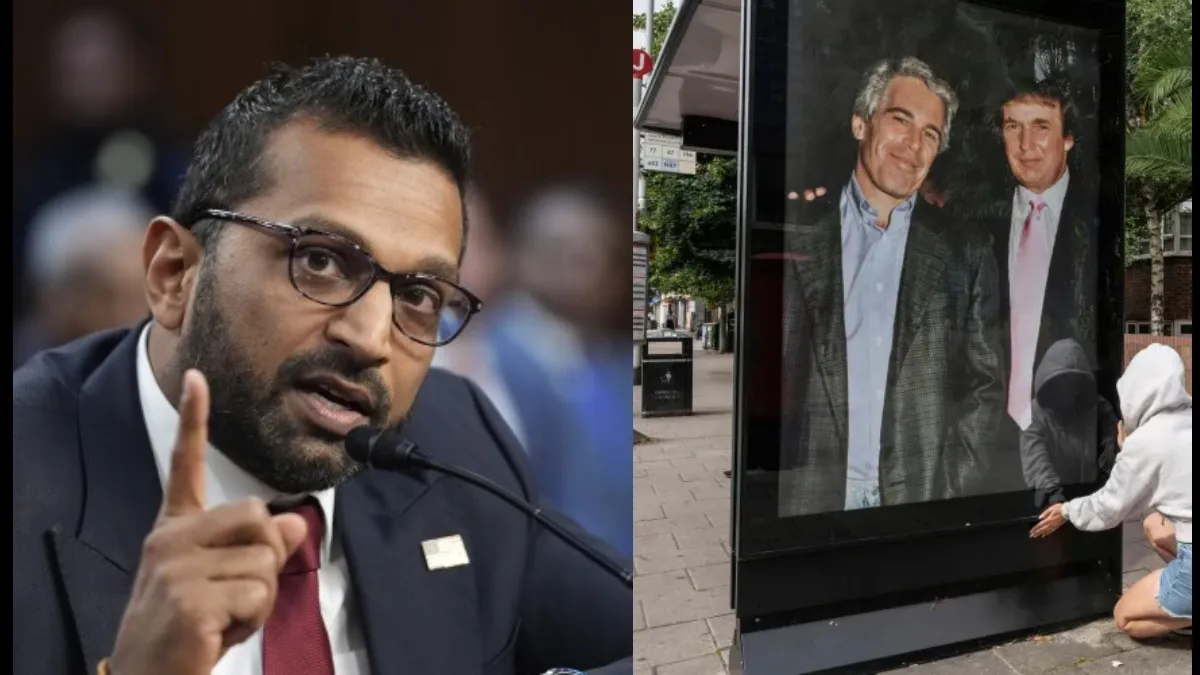In an explosive live broadcast that has sent shockwaves across Britain, Nigel Farage confronted a BBC host, igniting a heated exchange that left viewers stunned and one host in tears. The dramatic moment unfolded during an interview with Naga Munchetty, where Farage passionately defended his political stance against what he described as a “racket” involving banks and the government’s financial practices.
 As tensions escalated, Farage accused the BBC of bias and deceit, claiming that the media has consistently ignored the pressing issues facing ordinary Britons, particularly the struggles of young people trapped in a punitive tax system. “The media does not listen to the public,” he asserted, as he challenged the framing of the interview, which he felt was designed to undermine his credibility.
As tensions escalated, Farage accused the BBC of bias and deceit, claiming that the media has consistently ignored the pressing issues facing ordinary Britons, particularly the struggles of young people trapped in a punitive tax system. “The media does not listen to the public,” he asserted, as he challenged the framing of the interview, which he felt was designed to undermine his credibility.
The confrontation reached a boiling point when Munchetty pressed Farage on the funding of his proposed reforms, seemingly dismissing his solutions and instead focusing on large financial figures. Viewers were left questioning whether the interview was a genuine inquiry or a calculated attempt to discredit Farage and his political agenda. The palpable tension culminated in Munchetty visibly emotional, a moment that has become a focal point of discussion on social media and news outlets.
Farage’s remarks about the disconnect between politicians and the working class resonated deeply, as he highlighted the struggles of small business owners and the impact of high taxes on everyday life. “I’m on their side and I’ll fight for them,” he declared, underscoring his commitment to addressing the urgent problems facing the nation.
The backlash against the BBC’s handling of the interview has been swift, with many viewers accusing the network of bias and manipulation. Critics argue that the media’s failure to engage with serious issues reflects a broader trend of disconnection from the realities faced by the public.
As the political landscape in Britain continues to shift, this confrontation may have lasting implications for Farage’s political career and the public’s trust in mainstream media. The incident has sparked a nationwide conversation about media integrity and the responsibilities of journalists in presenting unbiased information.
In the wake of this dramatic exchange, the question remains: Will the media adapt to the demands of transparency and accountability, or will it continue to serve the interests of the powerful? The public is watching closely, and the fallout from this interview is far from over.





